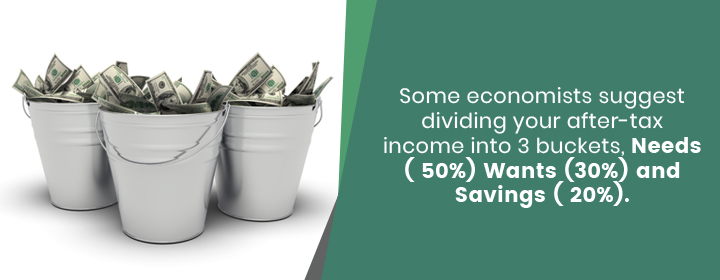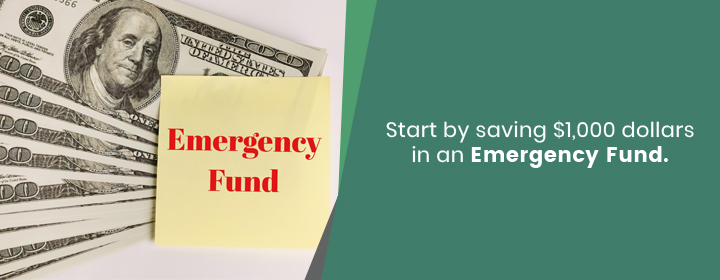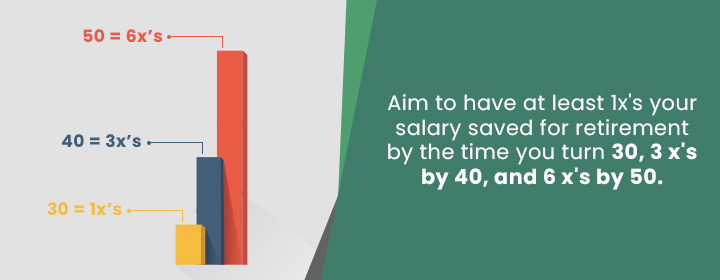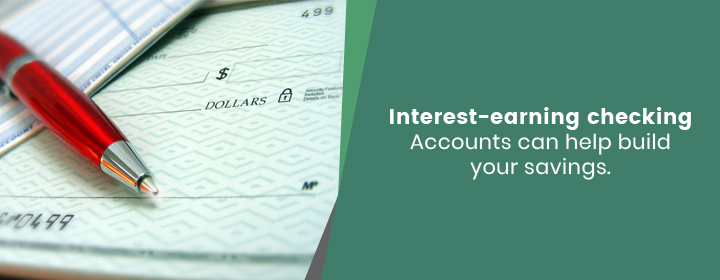
Here’s one popular example. In the 2006 The New York Times bestselling book “All Your Worth: The Ultimate Lifetime Money Plan,” U.S. Senator and former Harvard professor Elizabeth Warren created the 50/30/20 plan, which, in essence, encourages Americans to divide their after-tax income into three large buckets.
- Needs (like mortgage or rent, utilities, healthcare, food, and childcare expenses) should be paid with 50% of your budget.
- The next 30% should go toward wants, like dining out, cable/tv, and shopping that goes beyond basic needs.
- The remaining 20% should go toward savings and retirement planning, assuming you’ve paid off all your credit card debt.
Building Your Safety Net: The Importance of an Emergency Fund

Take the Leap: Start Your Saving Journey Today
- If you have $10,000 in a savings account but $20,000 in credit card debt, do you know what you really have? A negative net worth of -$10,000.
- It’s sad but true—if you’re $20,000 in debt (and paying high-interest rates on that borrowed money), having $10K in savings isn’t really doing anything for you.
Financial Health Check: Understanding and Managing Your Finances
- Gather your financial paperwork, including all of your bank statements, bills, and paystubs.
- Calculate your income using your net income (or take-home pay) amount. If you are self-employed or have outside sources of income, such as child support or Social Security, include these as well.
- Create a list of monthly expenses. Beyond the necessities, don’t forget to include potential budget-busters like eating out, vacations, and recurring entertainment (such as Netflix, high-speed internet, etc.) Your recent bank and credit card statements from the last three months can help you identify all your spending.
- Determine your fixed and variable expenses. Fixed expenses are those you pay the same amount for each time, like mortgage or rent payments, car payments, fixed-cost internet service, trash pickup, and regular childcare. Variable expenses are those that change each month, such as your gas, food, and clothing costs. Again, your recent statements can be a huge help in determining how much you spend (on average) each month.
- Total your monthly income and expenses. If your income is higher than your expenses, you’re off to a great start. This extra money means you can pay off even more debt (or save even more money!)
- Make adjustments to expenses. At the end of the day, you want to have a zero-based budget, which means every dollar is accounted for. So, if your expenses are more than your income — or you wish to pay off additional debt but don’t have the money to do so—you’ll need to make some changes.

Investment 101: Securing Your Future by Investing in Yourself
Once you’ve paid off debt and have three to six months of savings in the bank, start putting your money to work for you. When you save or invest money, you’ll earn interest (instead of paying someone else), which means your money will make money!
Isn’t that a cool concept? Here are a few ways to begin saving or investing today:
Interest-earning checking accounts
In most cases, a checking account is the one you use daily when buying items or paying expenses. This account allows you can make deposits and withdrawals. It’s primarily tied to your debit card and any paper or electronic checks you may write each month. Be sure you have a checking account that earns interest — otherwise, you’re turning down free money!
Savings accounts
In most cases, savings accounts are for the money you want to set aside for the future. Money put into savings accounts earns interest as well, and depending on the type of account you open, interest rates may vary. For example, a simple savings account that comes with a low opening balance requirement of $50 will earn you a fixed interest rate no matter what your balance might be, while a money market saving account allows you to earn higher interest rates as your account balance grows.
Certificates of Deposit (CDs)
A CD is a bank product that offers you a higher interest rate in exchange for a promise to keep the money you’ve deposited invested for a certain amount of time. In most cases, the longer you promise to keep your money invested with your bank, the higher your rate of return will be. Be sure to weigh rate increases with how long you can be without those funds — waiting just another few months could bring you significantly more money in return!
Individual Retirement Accounts (IRAs)
IRAs are retirement-focused products that can offer you significant tax advantages depending on when (and how) you invest your savings. For example, any money you contribute to a Traditional IRA is tax-deductible, but you’ll pay taxes upon withdrawing those funds in retirement. On the other hand, a Roth IRA allows you to contribute money that’s already been taxed — and when you retire, that money comes to you tax-free.


